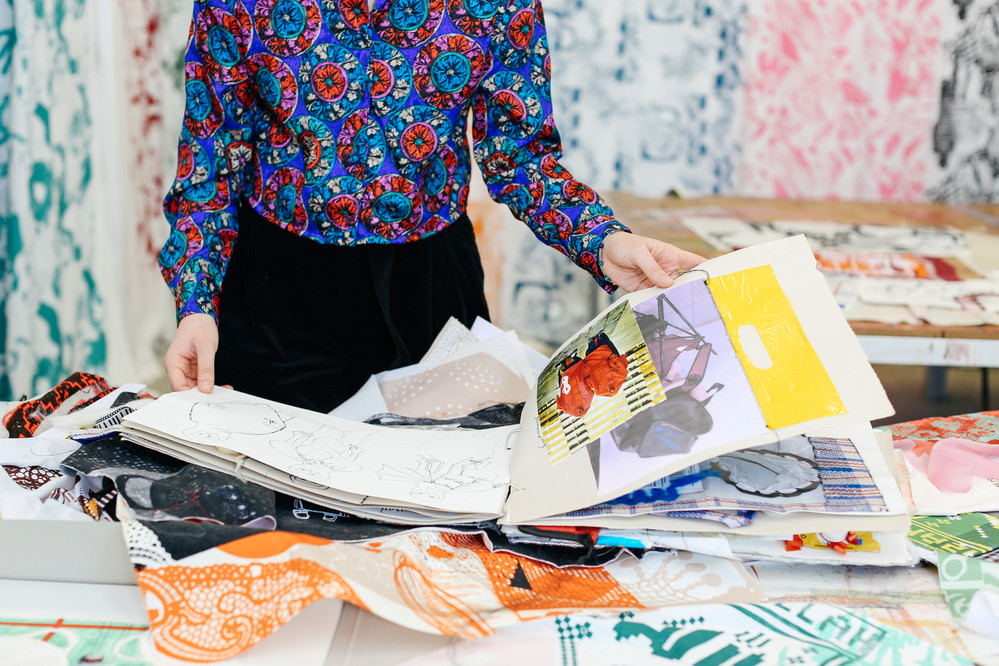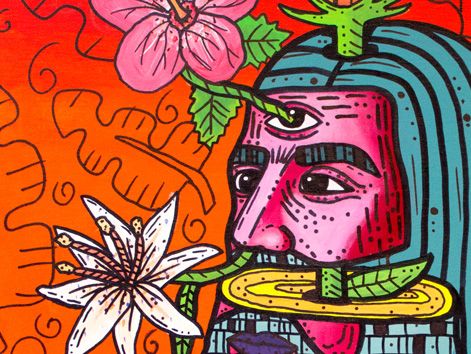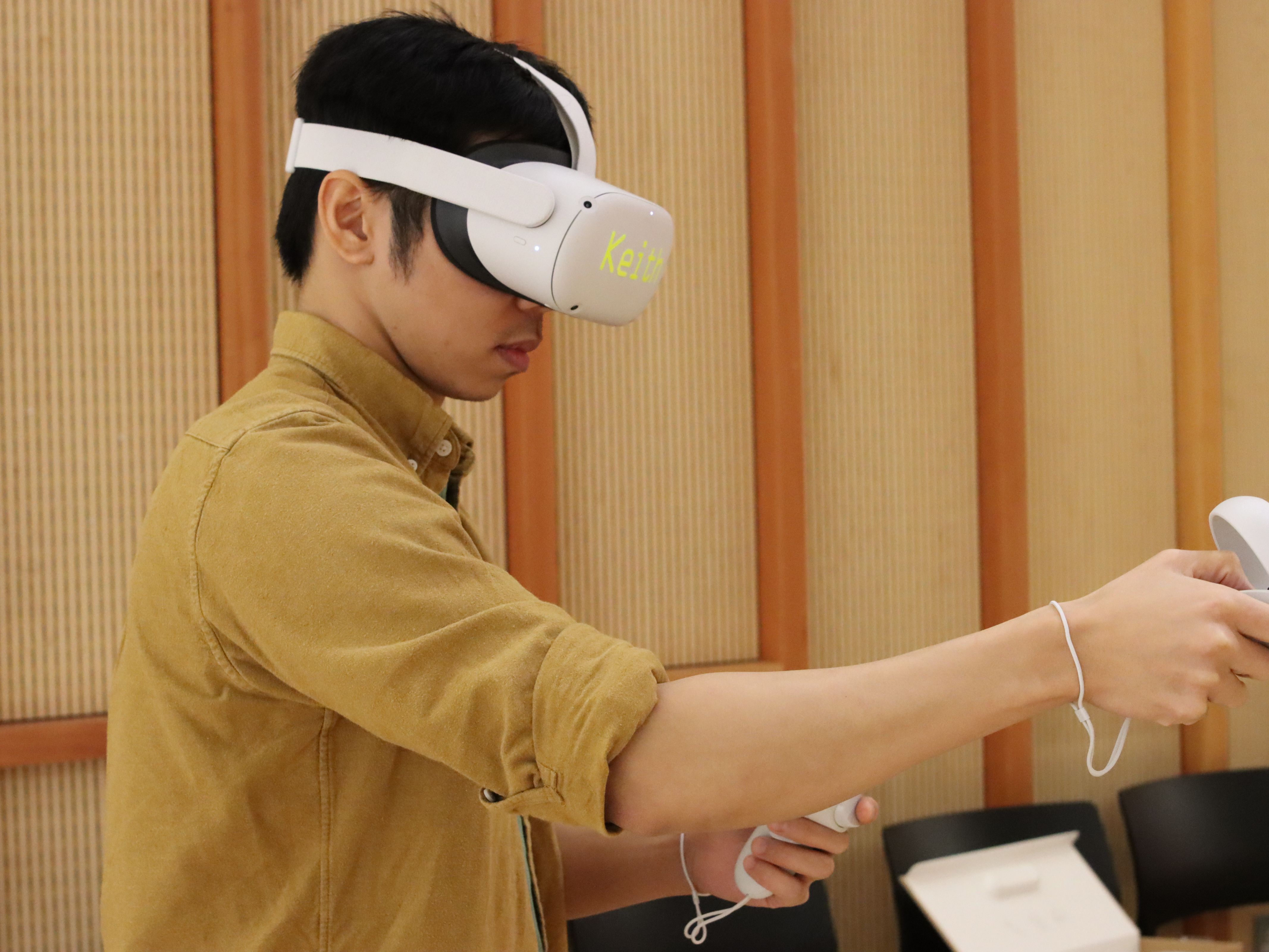In preparation for A Spotlight on Level 3 Applied General on 23 November, we ask some questions to Jan Schofield, Course Leader at The City of Liverpool College and Pawel Szymanski, Course Leader at South Devon College about the importance of this qualification and why they enjoy delivering it. Find out more in the Q&A below.
This spotlight session has been designed for centres that do not currently deliver UAL Level 3 Applied General Diploma and Extended Diploma in Art and Design qualifications or those who are looking to expand their provision. It is also part of our Teach Inspire Create programme of digital events in 2021.
If you have any questions about the event, please email approvals.awarding@arts.ac.uk
What do you enjoy about delivering UAL Applied General qualifications?
The UAL Applied General qualification allows you to deliver a general arts & design programme in addition to the option of delivering through a specialism, for example, photography or fashion. Students work to one unit for each academic year which allows students to ensure that they have every opportunity to understand the grading criteria and achieve their target grades. The qualification also provides students with the opportunity to present their work in a digital format encouraging them to prepare for interviews and progression whilst learning additional skills such as the selection and curation of their work in a digital format alongside both the visual and written narrative.
– Jan Schofield, Course Leader at The City of Liverpool College
I enjoy the opportunity of delivering a qualification that encourages students to find their direction in life. Through experimentation, they are able to develop their creative abilities and gain a better understanding of the world. They start to understand the relevance of art and its role in communicating ideas and concepts to a wider audience. Seeing our students transform and mature through the qualification and understanding their own work through critical analysis, reflection and evaluation is very rewarding.
– Pawel Szymanski, Course Leader at South Devon College
UAL Awarding Body qualifications are flexible, in what ways does this benefit students?
Students have the opportunity to study both skills and knowledge associated with their specialist subject area in addition to many of the transferrable skills required by employers, for example, communication, problem-solving, creativity, working as part of a team, working independently and IT skills.
- Jan Schofield, Course Leader at The City of Liverpool College
All students are different and allowing them to have a voice and develop projects through a range of flexible activities is really helpful. It encourages drive and commitment because it gives value to the way they think and perform.
– Pawel Szymanski, Course Leader at South Devon College
As a teacher of UAL's Applied General qualifications, what sets them apart from other similar qualifications? In what ways does it allow you to explore your role as an educator?
The qualification allows the opportunity for assignment briefs to be written at a local level and the opportunity to incorporate live briefs, sustainability etc to fit the cohort of students whilst still delivering the knowledge and skills required by the sector. The written paper provided by UAL in Year 1 always provides a generic topic that allows students to develop their own line of enquiry and independent development. UAL offer a wide range of resources and training events for educators to share good practice and update their own skills base and understanding.
- Jan Schofield, Course Leader at The City of Liverpool College
Most similar qualifications tend to be more prescriptive, and this gives students an unrealistic framework to operate in. The broader approach can encompass a much wider range of experiences and concepts and is, therefore, more educationally sound. The structured first year leading to an exam develops experimentation, reflective, critical and analytical skills. The second-year allows for personalisation of learning and facilitates independent learning.
– Pawel Szymanski, Course Leader at South Devon College
The UAL Applied General qualifications train students to have a diverse skillset. How do they support students to figure out what pathway they want to take after studying (e.g., more education or into work)?
The qualification provides the opportunity to explore a wide range of material, techniques and processes to enhance the student portfolio. Visiting speakers can be invited to enhance and contribute to the delivery and UAL supports the programmes by visiting or conducting online seminars in reference to potential HE programmes.
- Jan Schofield, Course Leader at The City of Liverpool College
By the second-year students generally start to find areas that they naturally communicate more fluently in, and thus learn those skills to a more competent level. They find they enjoy and blossom in certain areas and produce creative solutions in their chosen discipline. Talks from visiting artists and discussions on opportunities in different creative fields, visiting galleries and other universities all help confirm their choices.
– Pawel Szymanski, Course Leader at South Devon College
What type of careers do students studying this qualification go on to have?
Students’ progress to a wide variety of careers from this qualification from graphic designers, practising artists to free lane photographer, studio assistants, textile designer and a variety of work within the fashion industry. The career opportunities are endless with some students even progressing to careers as educators following work in the industry!
- Jan Schofield, Course Leader at The City of Liverpool College
Most of our students progress to universities and aim for prestigious destinations. Some take an additional Foundation course. Popular specialisms cover a broad range of areas including fine art, graphics, illustration, photography, textiles and digital. Other possibilities are teaching, self-employment and a career in a variety of non-art related pathways
– Pawel Szymanski, Course Leader at South Devon College



